Plaça Major Gavà
Unknown author
ESP
Plaça Major
© Enric
Fetching images...
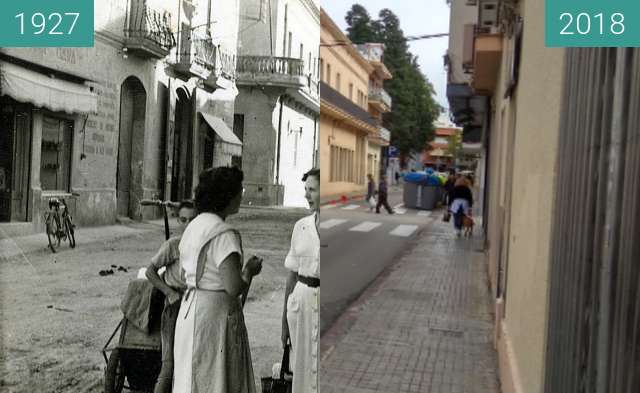
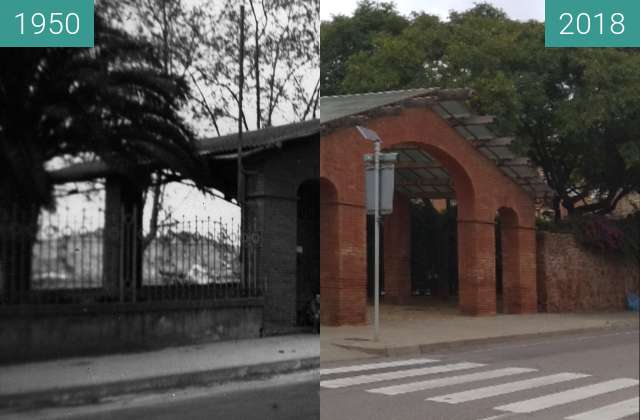
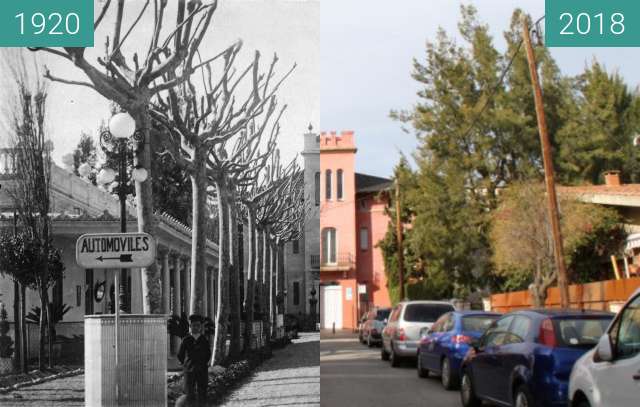
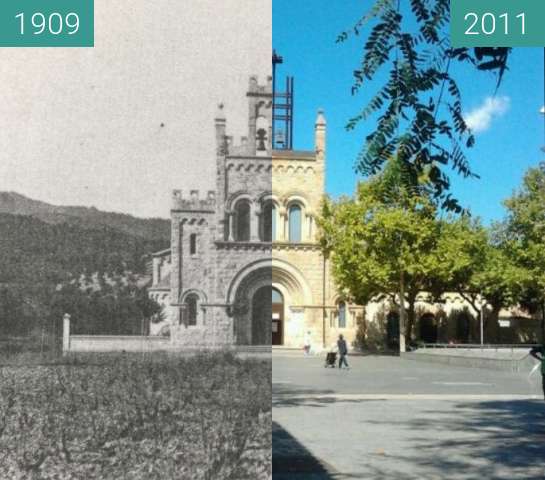
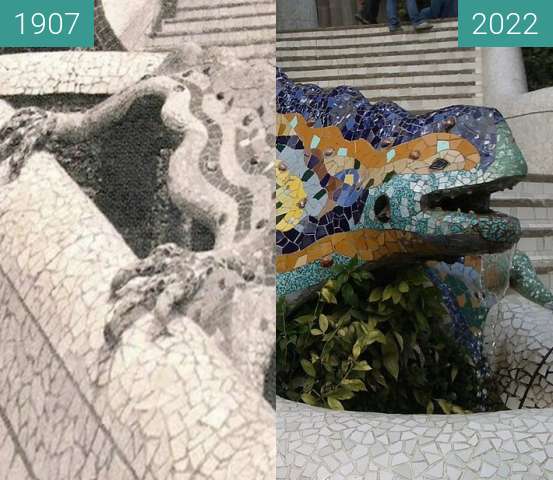
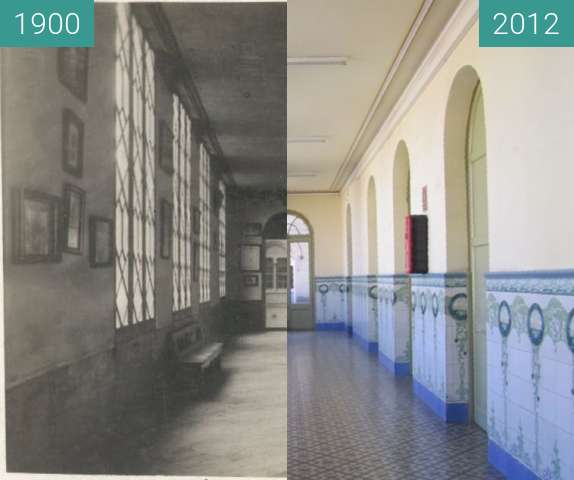
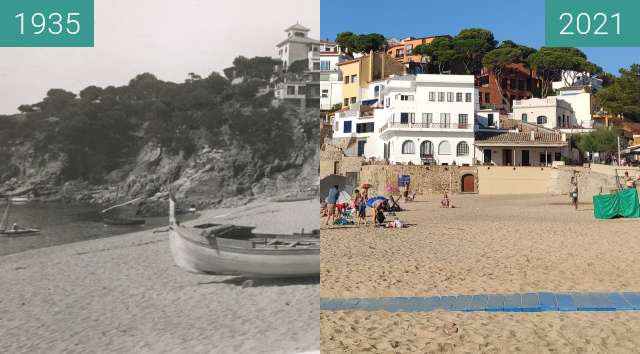
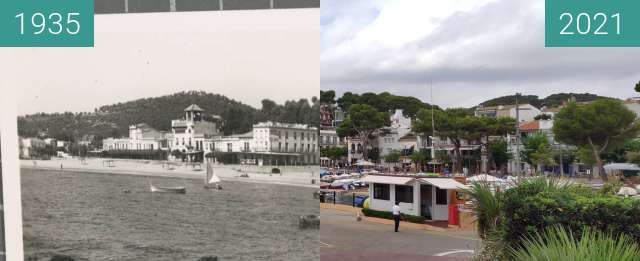

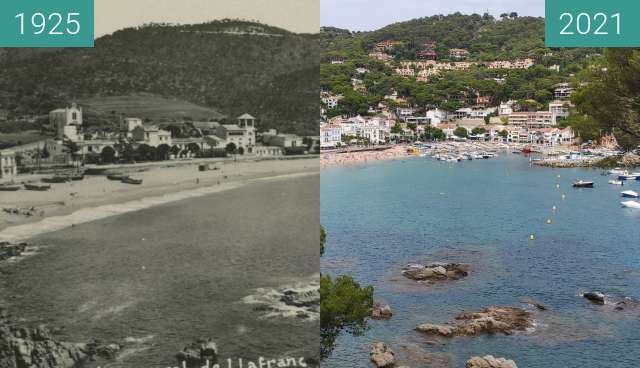
Gavà - Casa Planas i Creuet i Escoles de la Plaça a la primera dècada del segle XX. La plaça Major està situada entre els carrers de Salvador Lluch i Sant Pere, i antigament rebia el nom de plaça de la Creu de Terme. Ha estat tradicionalment un espai de molta activitat comercial i cívica.
A tocar de la plaça hi passava el camí medieval, que seguia l’antiga via romana i que avui perdura en el traçat dels carrers dels Màrtirs del Setge de 1714 i del carrer Major.
Per tal d’atendre els viatgers s’hi va construir un hostal, que estava als terrenys que actualment ocupa el mercat. Com era habitual en l’època, a banda d’hostal, feia les funcions de taverna, fleca, carnisseria i venda d’altres productes de primera necessitat.
A finals del segle XIX s’enderroca l’edifici per construir-ne un de nou per allotjar les escoles unitàries. Als anys 30 del segle XX es fan obres per donar-li un nou ús, el de mercat, funció que, amb diferents reformes, és que continua realitzant.
També hi ha referències que el 1764 al carrer Major, a tocar de la plaça, s’hi va instal·lar la primera farmàcia de Gavà.
Diferents generacions de gavanencs recorden comerços com la ferreteria Font, la merceria de la Remei o ca la Clara, que es va instal·lar a la casa Planas i Crehuet en finalitzar la Guerra Civil.
Adossada a una de les façanes de la casa Planas i Creuet es conserva la primera font pública de Gavà que va portar l’any 1873 l’aigua des de la mina de can Tries.
Gavà - Casa Planas i Creuet and Schools in the Square in the first decade of the 20th century. Plaça Major is located between the streets of Salvador Lluch and Sant Pere, and was formerly called Plaça de la Creu de Terme. It has traditionally been a place of a lot of commercial and civic activity.
Next to the square passed the medieval path, which followed the old Roman road and which today survives in the layout of Carrer dels Mártirs del Siege from 1714 and Carrer Major.
In order to serve travelers, a hostel was built there, which was on the land currently occupied by the market. As was common at the time, in addition to being a hostel, it served as a tavern, bakery, butcher shop and sale of other essential products.
At the end of the 19th century, the building was demolished to build a new one to house the unitary schools. In the 1930s, works were carried out to give it a new use, that of a market, a function that, with various reforms, it continues to perform.
There are also references that in 1764 on Carrer Major, next to the square, Gavà's first pharmacy was installed there.
Different generations of Havana residents remember businesses such as the Font hardware store, the Remei haberdashery or ca la Clara, which was installed in the Planas i Crehuet house at the end of the Civil War.
Adjacent to one of the facades of the Planas i Creuet house is the first public fountain in Gavà that brought water from the Can Tries mine in 1873.